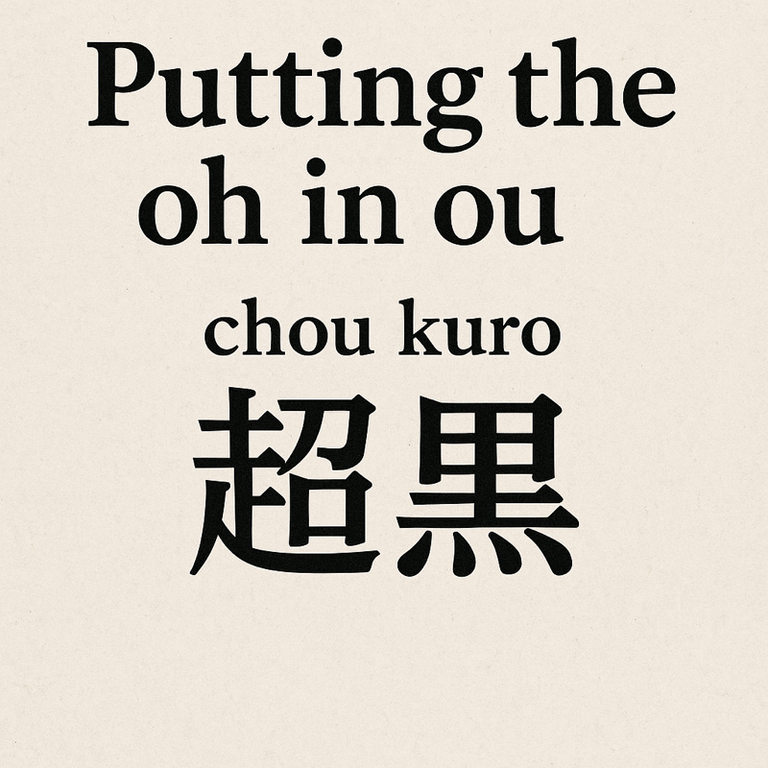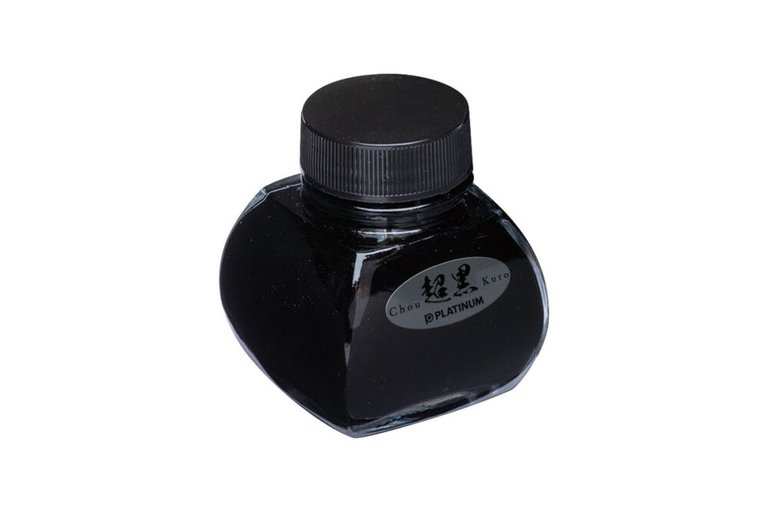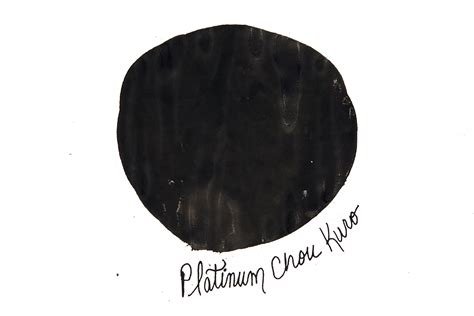
I have a problem. Being of two worlds — the Japanese and the English — I am keenly aware of mispronunciations of Japanese words in the Anglosphere. This awareness means that when I, for instance, am watching an otherwise interesting historical or cultural documentary about Japan, I will instantly be pulled out of it as soon as the narrator shows he doesn’t actually know anything about what he’s been given to read by mispronouncing everything.
I remember watching a BBC-produced show on wabi-sabi. It started decently enough: nice mood-establishing shots and music. But then the very British narrator came on and started trying to say the words, very confidently pronouncing them as wAE-bEYE sAE-bEYE (AE as the a in “cat”). Arrggghhh! It’s wah-bee sah-bee.
Once, I can deal with it. But again and again and again — it was so grating on my ears that I turned it off.
The Japanese themselves often aren’t aware of how much English speakers butcher their words. To them, romaji (that is, words written using the Roman script) is usually written in a way that other countries complain is tailored only for English speakers (this would be the Hepburn system), so they assume English speakers should be able to pronounce everything perfectly. When they do go overseas and hear a mispronounced Japanese word, they’re likely to ignore it, thinking the speaker meant a different, non-Japanese word.
But me — I am aware, and you have no idea how maddening it can be.

The latest one is from the fountain pen world. There’s a relatively new ink called Chou Kuro. It’s a special formulation of black that’s super-saturated and super-black. Now, we aren’t talking about that new total black paint that uses nanotechnology to avoid light reflection, rendering it so black it looks almost unreal to the human eye. Fountain pen inks aren’t quite there yet. But this one is very, very saturated, giving what is probably the blackest black ink you’ve ever seen.

Now looking at that name… how would you pronounce it? Again, it’s Chou Kuro.
Let’s just deal with the first word, chou, because amazingly most English speakers seem to get the second word, kuro, correct. But that first… most English speakers say it one of two ways:
- chow, ow as in OW that hurt
- cho-oo, oo as in goose
I’ve even heard people pronounce it a third way: as chew. I’m not entirely sure where that one comes from.
Wrong wrong wrong wrong!
Chou is 超, meaning something like super or very. Chou Kuro means “super black,” or maybe “very very black.” From a linguistic standpoint, it would be better written in Roman letters as chō, because the o sound at the end of cho is just held for an extra beat, making it a long o — more of an oh as English speakers say it. (In fact, some Japanese people with an ou in their name will write it in English as oh to help English speakers say it correctly — see Ohtani.)
If you are having a hard time understanding that, listen to a native Japanese speaker saying the word chou here.
There is some logic to the ou spelling from a Japanese perspective. In Japanese, 超 would be spelled in kana as ちょう, which corresponds in romaji to chou. Even though う (u) gives us an oo (as in goose) sound when by itself, all Japanese learn that when it follows お (o), it simply extends the o sound. That might seem a little idiosyncratic to you, but there are historical reasons for it. And don’t point fingers — English has so many exceptions and special cases that even most natives struggle to pronounce unfamiliar words, even after hearing them.
With this special case in mind, a Japanese speaker will see ou and think ō (or oh). This is so natural that when Japanese write names using the ou spelling, they don’t consider that anyone could possibly pronounce it any other way than oh.
Chō Kuro would be bad marketing. Or maybe good, I don’t know, but modern marketing recommends avoiding “crazy” symbols like the macron, so chou kuro becomes the default. No one in Japanese marketing bats an eye, because they just assume all English speakers will know that ou is pronounced as oh. And I get a headache every time a fountain pen friend tries to say the name.

Of course, I’m being a little facetious here. While it does annoy me, I’m perfectly aware that most English speakers are trying their best, and I do appreciate the effort. I never go into grammar-nazi mode, stopping them in their tracks to point out the error.
But it’s like fingers on a chalkboard…
❦
 |
David is an American teacher and translator lost in Japan, trying to capture the beauty of this country one photo at a time and searching for the perfect haiku. He blogs here and at laspina.org. Write him on Bluesky. |
